At the end of "Run on Fat" we sign off with a heads up on Jeff Volek's FASTER Study. While the paper is yet to be published, the research findings are creeping into the public domain courtesy of some excellent presentations by the author.
The FASTER study is kinda like the sequel to Steve Phinney's work from the 1980s. Carb interested scientists (those whose income generally depends on the lore and the lucre of carb loading) have of course bashed Phinneys' earlier work and habitually refer to a lack of supporting science. That these same pillars of science habitually refuse to engage in any meaningful scientific research into the issue is of itself revealing.
The paradigms of objective research "excellence" these persons of science endorse, such as those established by Nestle and Gatorade, exist for one reason only. They are not there to make you run faster or longer or do great science. They exist to bolster positive perceptions of their products on the road to share price nirvana - and investor return.
If that is how the world works, it is not how science should work.
In this context, Volek's work is to be feared. It threatens to disrupt a tidy world where carbs and cash are king. If the narrative has been tightly controlled for decades, Volek has been standing on Phinney's shoulders and tap, tap, tapping at the window.
The best scientists I have met say "We don't know" - a lot. Volek says that a lot too. It's a very good sign.
So, when one of Gatorade's scientists tells the world that "training low" might have a negative impact on your immune system and recovery rates, I want to ask him how he knows that?
Volek's work (see above) clearly shows the beneficial impact of a restricted carb diet on standard metabolic markers - including markers of inflammation.
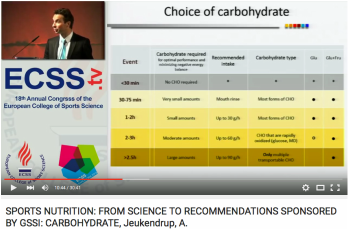
In practice, race or game day strategy for many athletes still involves some carb consumption. It's just nowhere near as much as the Gatorade and Nestle scientists are telling us.
That does not mean they are no longer fat adapted, nor does it counter Volek's work. It just means they are metabolically flexible.
By demonstrating that well adapted athletes can metabolize fat for fuel way beyond what was originally thought to be humanly possible, the FASTER study will drive a bus through carb sponsored research in more ways than one.
Nestle and Gatorade know perception is everything. They also know that the BELIEF that voluminous carbs are essential for endurance performance is central to their business model.
It is now under attack.
And once that goes, everything is possible.
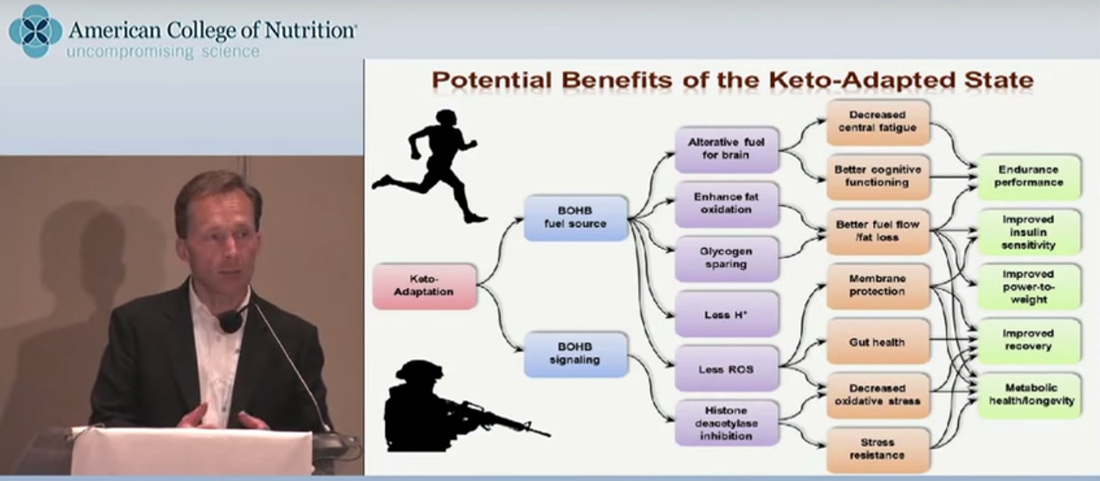
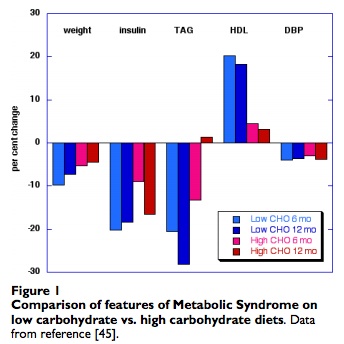
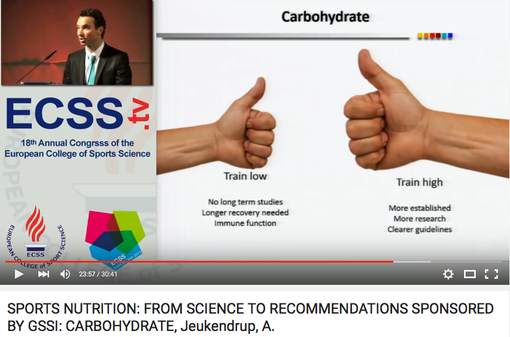
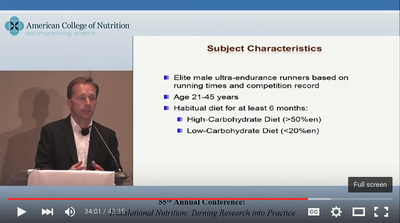
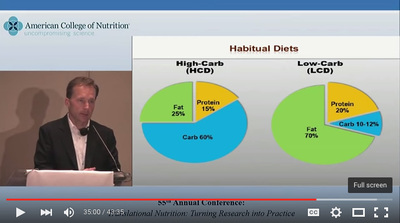
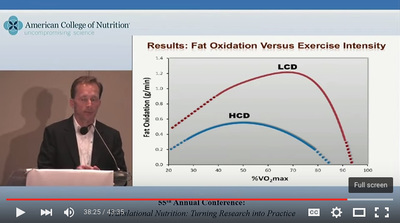

 RSS Feed
RSS Feed